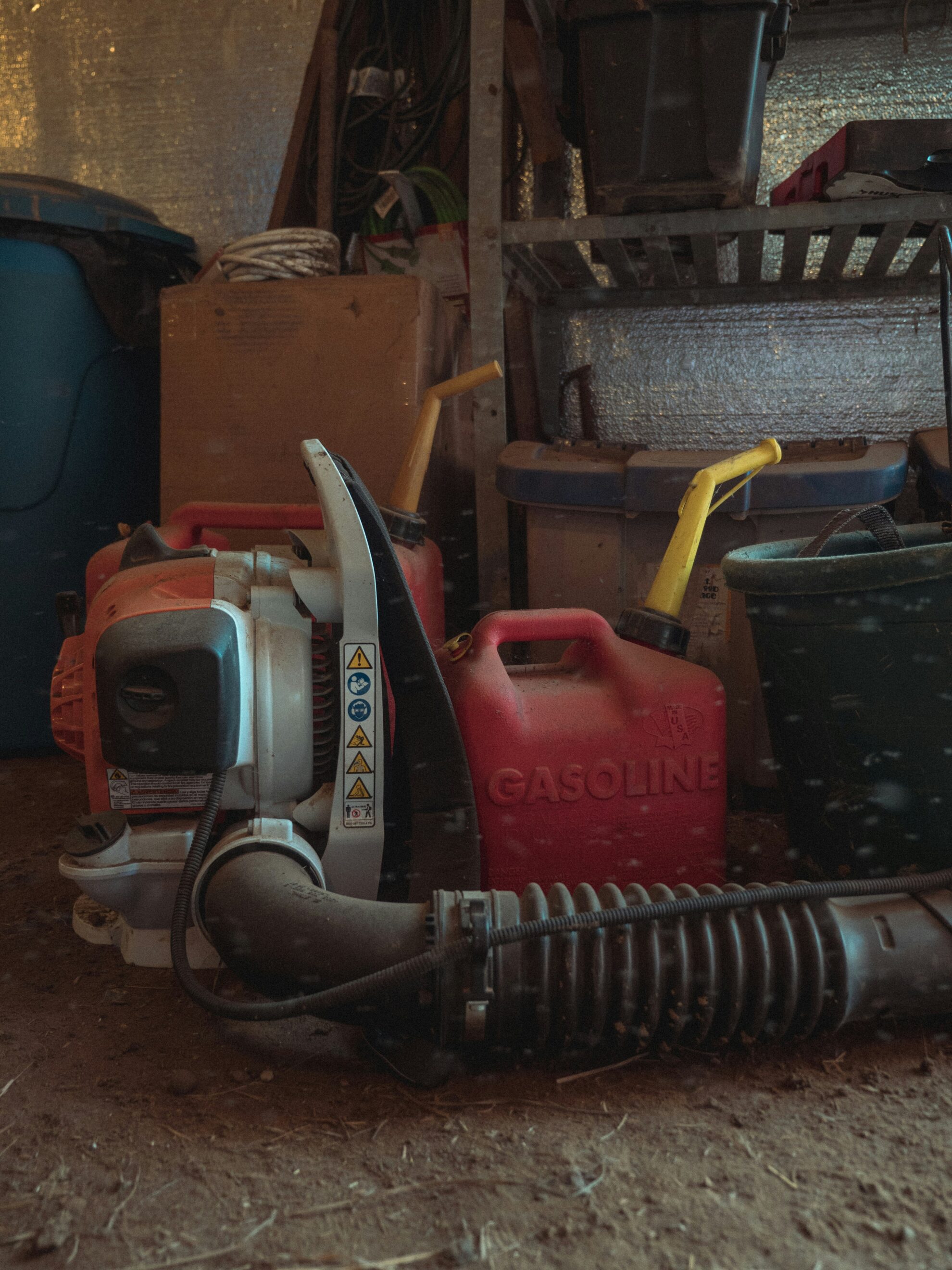Dennis Hanagan –
Toronto is on course to slowly phase out noisy, polluting two-stroke, gas-powered small outdoor yard equipment such as leaf blowers and hedge trimmers – starting with city equipment.
In May, City Council adopted a recommendation from its Infrastructure and Environment Committee to “express its continued support” to transition away from city-owned, gas-powered small engine equipment for outdoor work, replacing it with zero-emission equipment.
Council sees the move as encouraging residents and businesses to do the same. It also wants new city contracts with landscaping businesses to prohibit the use two-stroke gas-powered engines on city property if zero-emission devices are available.
After receiving dozens of emails and letters from individuals – one with 77 signatures – and after hearing from three deputants, the Infrastructure and Environment Committee debated for an hour on May 7 before arriving at a recommendation.
Two-stroke engines have come under fire because they’re noisy and burn gasoline and oil, releasing carcinogens into the air.
Staff had presented two options: lead by example and conduct a public education campaign about two-stroke engines, or invoke a city-wide ban to come into effect in 2030.
Ward 11 (University-Rosedale) Councillor Dianne Saxe favoured a ban, noting that council voted for that very thing in 2023.
“We instructed them to come forward to develop a bylaw for a ban,” she said. “If we want to do something about this noise and its health impacts, the ban is our only way forward.”
Ward 8 (Eglinton-Lawrence) Councillor Mike Colle cautioned against favouring battery-operated equipment. He questioned what happens when batteries stop working.
“Our garages and our city are filled with these useless batteries. Where are they all going? Don’t think these batteries are the answer. They’re not. They’re probably worse in the long run for the environment than anything else,” Colle said.
“They’re toys, these leaf blowers,” he added. “Let’s not encourage people to buy more battery-operated toys.”
When he recently went to cut his grass, Colle said, his lawnmower’s 40-volt cobalt battery was dead. To buy a new one, he said, would cost $300. He said he mowed his lawn with a push mower.
Chris Keating of Gasbusters, representing more than 600 individuals, 18 residents associations and 11 environmental organizations, told committee the two-stroke engine “has developed a reputation as an environmental hazard” with its mixture of gasoline and oil emitting carbon monoxide, nitrous oxide and carcinogenic hydrocarbons.
How-Sen Chong with Toronto Environmental Alliance said two-stroke engines are banned in municipalities in and around Vancouver and in the Montreal area. He said banning them in Toronto would “send a signal throughout Ontario.”
Chong said two-stroke engines are popular because they’re cheap. “Some companies are buying them and they’re not necessarily thinking about the health of workers, they’re not thinking about the hearing of workers,” Chong said.
Council has directed staff to report back in 2027 on the city’s progress on transitioning away from two-stroke engines and on what other North American jurisdictions are doing.




